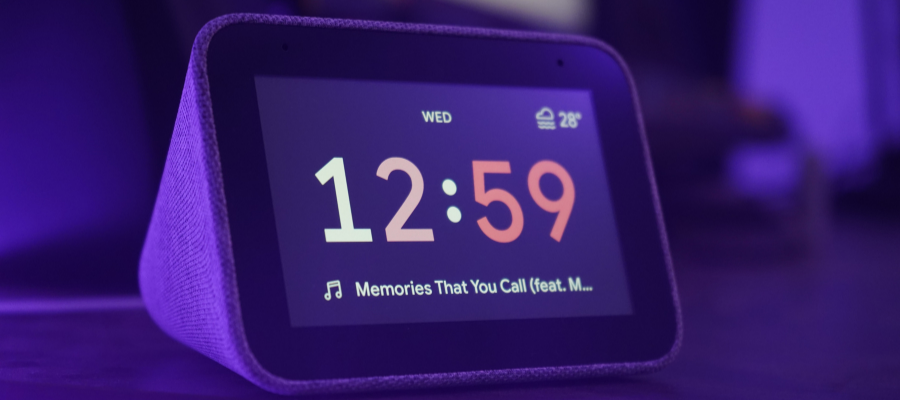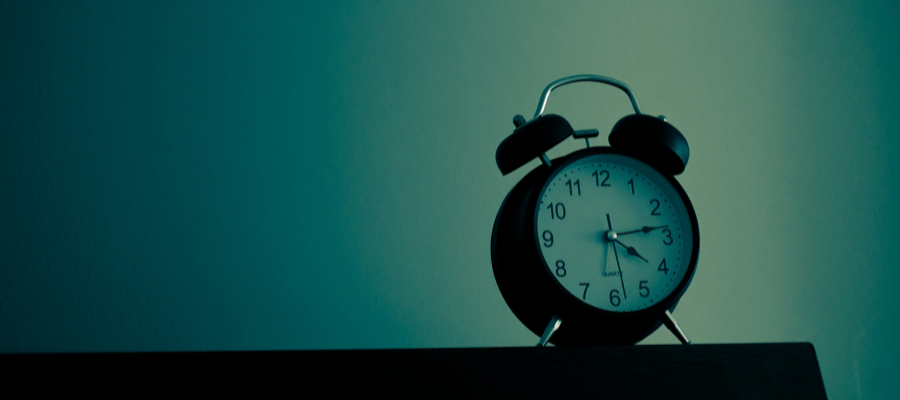Are Alarm Clocks Bad for You?
Are alarm clocks bad for you? For most people, alarm clocks are a necessary part of life, particularly in the morning. In our modern-day world, jobs, school, and other responsibilities require us to wake up at a specific time to meet our obligations. Regardless of whether we have gotten enough sleep the night before.
Benefits of using an alarm clock
Each of us has an internal clock that tells us when to wake up and when to go to sleep. This is also known as the circadian rhythm. Unfortunately, it’s easy for us to ignore these natural cues due to external stimuli such as electronic devices, busy social calendars, blue light, and noise.
Using an alarm clock can help us regulate our sleep and wake times. It can reestablish or shift our internal clocks or circadian rhythm. If we are mindful of getting sufficient sleep each night, we won’t have to fight off morning grogginess the next day.
Society also requires groups of people to follow set schedules. Alarm clocks can prevent oversleeping so that businesses and schools can run smoothly.
Negatives to Using an Alarm Clock
Despite the obvious benefits to using an alarm clock (waking up on time, consistently), there are negatives to the practice:
Sleep anxiety. Many people experience passing or chronic sleep anxiety, worrying about not falling asleep. In turn, this sleep anxiety can cause insomnia. Checking the time repeatedly can amplify the sleep anxiety you might experience at night. If you must have an alarm clock in your bedroom, try putting it on the other side of the room or face it away from you so you are not tempted to count the minutes that go by that you are not sleeping.
Cortisol trigger. Cortisol – also known as the “stress hormone” – rises in the morning. This is our bodies’ natural way of signaling that it is time to wake up. Being startled by a loud alarm first thing in the morning, possibly while in the middle of a deep sleep cycle can be particularly jarring. Due to the high level of cortisol in the blood, this may accelerate heart rate and blood pressure.
Light exposure. The type of light your alarm clock emits can negatively affect your sleep. Studies show that red or amber hues are better than blue, green, or even white lights. If you have an alarm clock that gives off a cool color light, you may want to try one that uses warmer colors instead.
How to wake up on time without using an alarm clock
How do you wake up in the morning without using a loudly beeping alarm clock? – reality is that most of us will still need to use an alarm clock to ensure we get to work and school on time. However, there are a few tips that may help you wake up feeling more refreshed:
Practice good sleep hygiene
Good sleep hygiene includes staying hydrated, keeping your bedroom at a cool temperature, minimizing the use of stimulants such as caffeine and alcohol, and avoiding smartphones and tv before bed.
Go outside!
When you get outside and into the sunlight in the morning, it can help your body to release cortisol (to wake you up!) and help replenish melatonin.
Give yourself enough time in bed
Remember, the suggested 7-8 hours of sleep per night means the time you are asleep. If you know it takes you a while to relax and settle into sleep you need to buffer your time in bed to include that wind-down time.
Skip the snooze button
As tempting as it may seem to hit the snooze button, the best practice is to set your alarm for the time that you really need to get up. Setting the alarm earlier and hitting snooze (sometimes multiple times) only interrupts quality sleep time.
Try smart alarms
New technologies are developed all the time to provide alternative options to the traditional beeping alarm clock. You might consider a smart device that gradually turns on your bedside light or can calculate how many hours of sleep you require.
Follow the cues of your body
If you wake every morning feeling unrested, you might try going to bed 15-30 minutes earlier. If you experience chronic back or neck pain when you wake up in the morning, it’s probably time to get a new mattress or pillow.
Need a sleep-professional?
If you’ve tried a range of different tips and are still not getting restful sleep, it may be time to consult a sleep-professional. A trained sleep professional can help you identify (or rule out) a sleep disorder, such as sleep apnea or restless leg syndrome.
Summary

Are alarm clocks bad for you? – It all depends. If you are out of touch with your circadian rhythm due to jetlag, stress, or other circumstances, using an alarm clock can be very helpful. Being a heavy sleeper, however, does not call for using an alarm clock. Rather, it calls for making changes in your sleep hygiene, such as going earlier to bed or avoiding alcohol before bedtime. All in all, it is best to use your alarm clock only when getting up at an unusual time or when trying to regulate your circadian rhythm.


